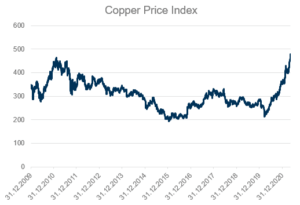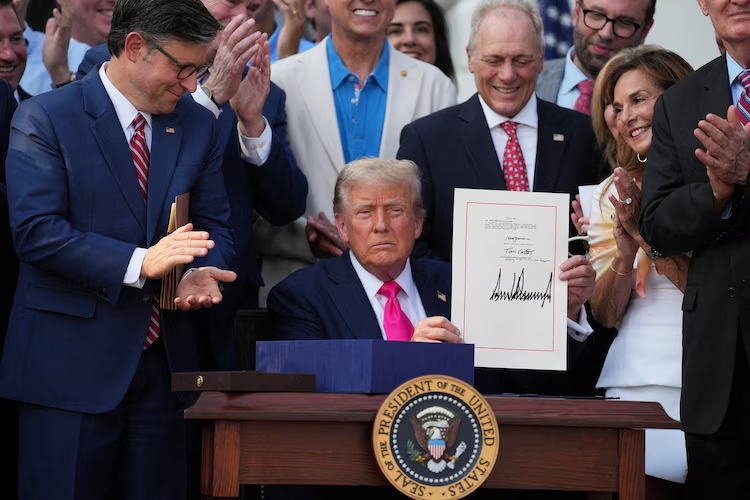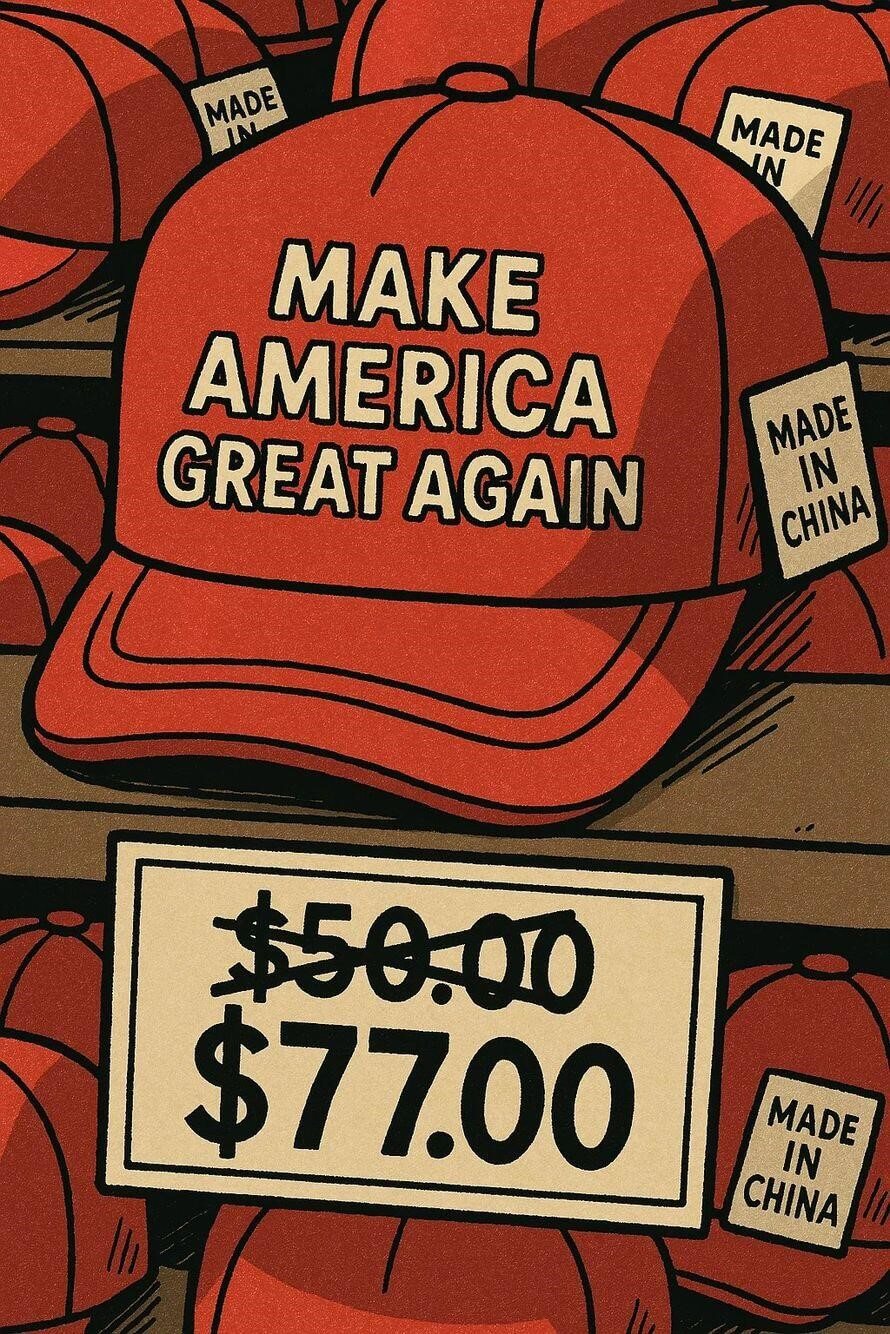Central banks, governments, regulators and investors all seem to share a common view these days: financial risks are at best transitory, at least manageable or – worse – non-existent. In effect, everyone counting on the current environment of low interest rates, massive government spending, rising stock market prices and stability in the financial system to last. Frightening, is it not?

What about potential inflation, for instance? Central banks, with the Federal Reserve (Fed) as their forerunner, are convinced (orat least claiming so) that strong price increases due to the gradual unleashing of pent-up demand in a context of production bottlenecks, following a year of Covid restrictions of all sorts, are only temporary. Yet, as the average consumer can attest, prices of basic goods have been trending up for quite some time, eroding purchasing power. This, even before the pandemic hit. Hence the ubiquitous and increasing pressure to see a compensation on the income side, in terms of both wages and social benefits.
The increasing inequality between the “haves” and the “have nots”, which French economist Thomas Piketty wrote about already back in 2013, in his seminal work on “Capital in the 21st century”, is more topical than ever – courtesy of the Covid crisis. The civil society now has greater ammunition to fight for a higher minimum wage rate and a fairer distribution of wealth.
The question we thus ask ourselves is whether the current and future prices increases – driven at this point mainly by higher raw material (copper is trading at a multi-decade high) and transportation costs – will not lead to some form of wage spiral, as was experienced during the 1970s. Current geopolitical inclinations to “reshore” the production of socially essential goods, rather than import them from low-wage countries that have a different regime – and upon which the Western world has become overly dependent – will not be deflationary either, in our humble opinion.
The ever-increasing speculation in financial markets and prevailing complacency are also a matter of growing concern to us. Referring to the Great Financial Crisis of 2008-2009, one could say that we have actually already had the “Bear Stearns warning”, with the blow-ups of the Melvin Capital or Greenshill funds and more recently the Archegos hedge fund inflicting billions of losses to the banking system (this even amid positive market conditions). New financial products and structures are also popping up left, right and centre (e.g. SPACs), into which staggering sums are being invested and whose risks are difficult to assess, even by sophisticated investors. Still, the regulators claim that everything is under control and that the stability of the financial system is not at risk. Have we not heard that before?
Right now, the investment community seems happy to go along with the story that central banks will not (be forced to) raise interest rates, that governments will be able to carry out their massive spending programs without pushing up prices and, yes, that regulators have a firm grip on the financial system (aka banks). Of course we do not know whether (and even less when) the tide will turn, but we cannot stress enough the importance of keeping portfolios well diversified and staying clear of trendy highflyers, that burn cash as if it were a good thing and trade at “multiples” defying imagination. A continued focus on “reasonably” valued companies – with substance – that generate a sustainable cash flow must remain the guiding principle, even if they are not popular. Such as automakers, telecom or shale oil producers for example.
Partially hedging the equity portion of portfolios against a possible sudden and sharp correction, using put options on a broad market index such as the Eurostoxx 50, also seems appropriate in our view, as well as keeping the average duration of the bond portion particularly short.
COVID-19 VACCINES: PATENT DISCUSSION
After startling the world with its support for the OECD-driven initiative to subject multinationals to a minimum tax rate, the Biden administration has once again surprised friend and foe in advocating the waiving of Covid-19 vaccine patents. That it has had to come to this is really due to the failure of COVAX, an initiative set up within the World Health Organisation and under which “rich” countries were to provide the necessary resources to make vaccines available to “poor” countries on a massive scale. The basic idea was that COVAX’s clout would enable it to purchase vaccines at low prices (and then also ensure the logistical roll-out). The nationalistic reflexes of the “rich” countries – first vaccinate their own population – are, however, preventing this programme from going anywhere. All the available vaccines are being claimed by the supposed financiers, China being a notable exception.
As such, and under pressure from the media and NGOs, another route is now being considered: making the vaccines patent-free. We find it somewhat ironic to see the US support this idea, since they contributed to COVAX’s failure. Apart from the fact that waving Covid-19 vaccines patents will not immediately solve the problem of their production (“poor” countries do not have the necessary facilities and the process is technologically complex ), there is also the question of whether it is wise from a geopolitical perspective to simply give away the brand new messenger RNA technology. In addition, taking such a route may of course have consequences for the future financing of biotech companies’ research budgets. Will investors still be prepared to take the financial risk of pumping money into this sector if they are not sure of reaping the benefits? As we see it, the best, fastest and least damaging path forward would be to fully support the COVAX programme. And if pharmaceutical multinationals do generate excessive profits from their monopolistic position, governments can always subject them to a special tax – thus reclaiming some of the generous public support provided during the vaccine development phase. It need not be any more difficult than that.
IMPORTANT INFORMATION
This document has been produced for information purposes only and does not constitute an offer or recommendation to buy or sell any financial instrument. No representation is made that the views expressed herein are suitable for all investors, as they do not take into account individual circumstances or needs. The content of this document is considered to be reliable at the time of writing but Banque Thaler does not guarantee its timeliness, accuracy or completeness. Past performance is also no guarantee of future returns.









